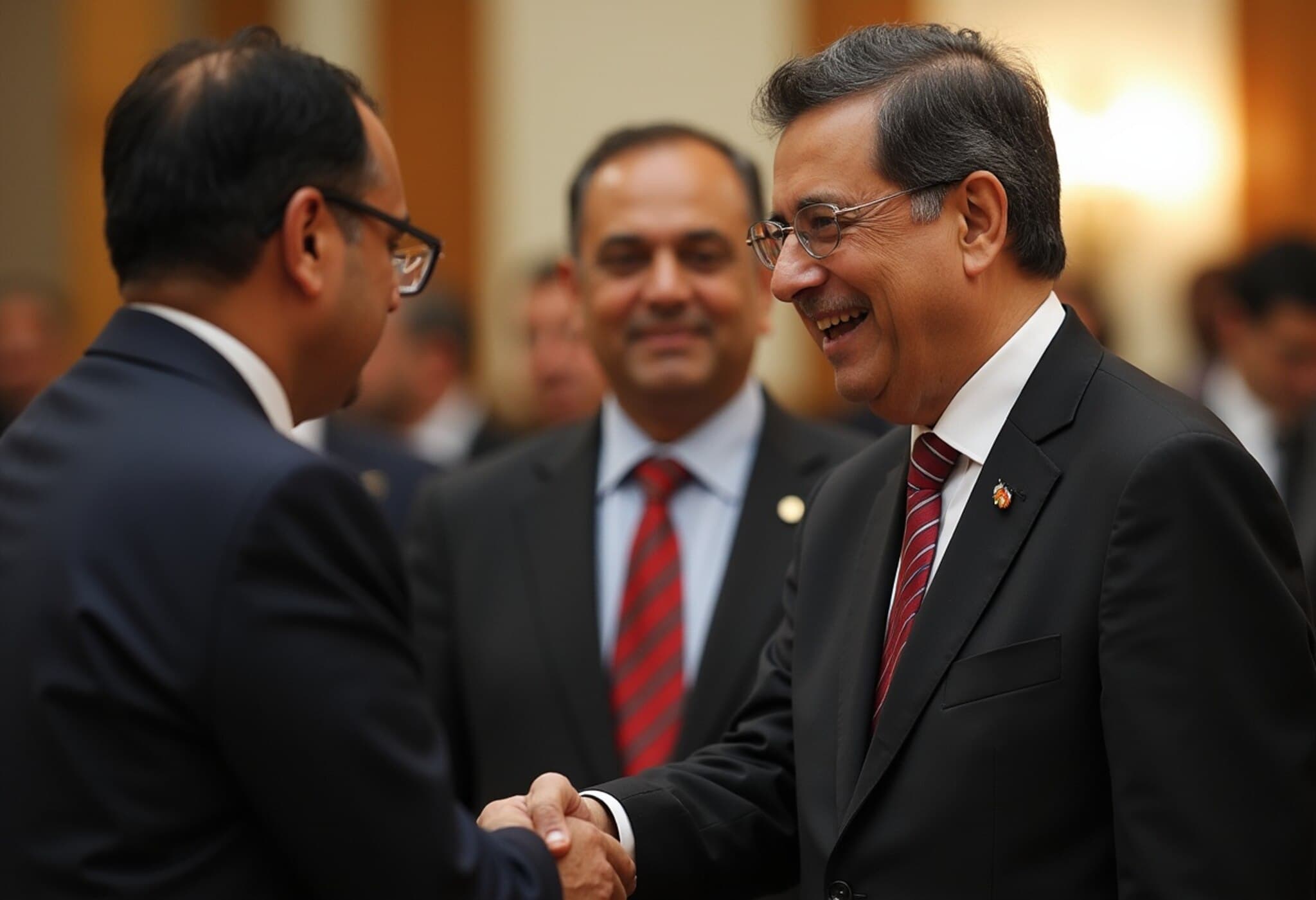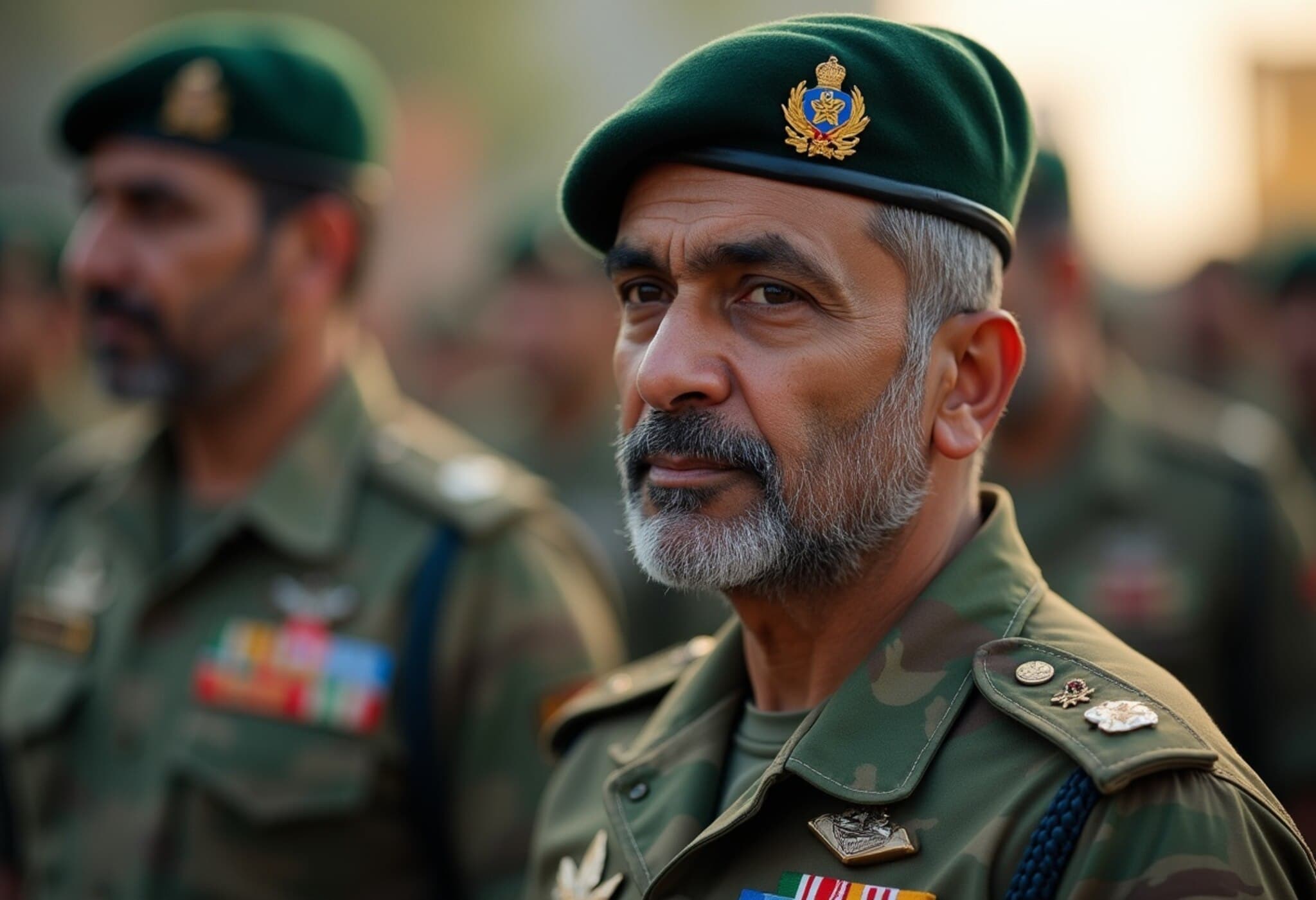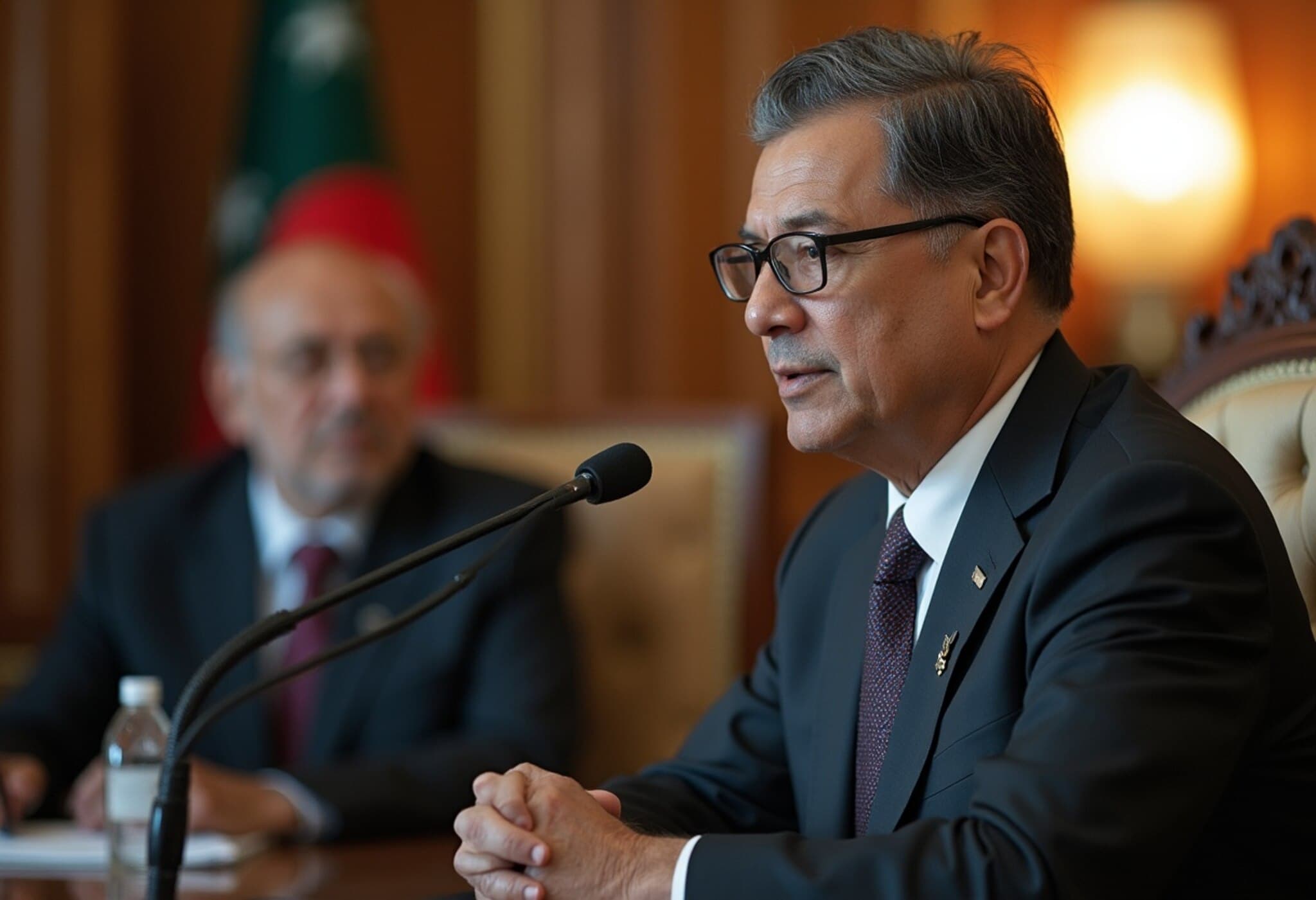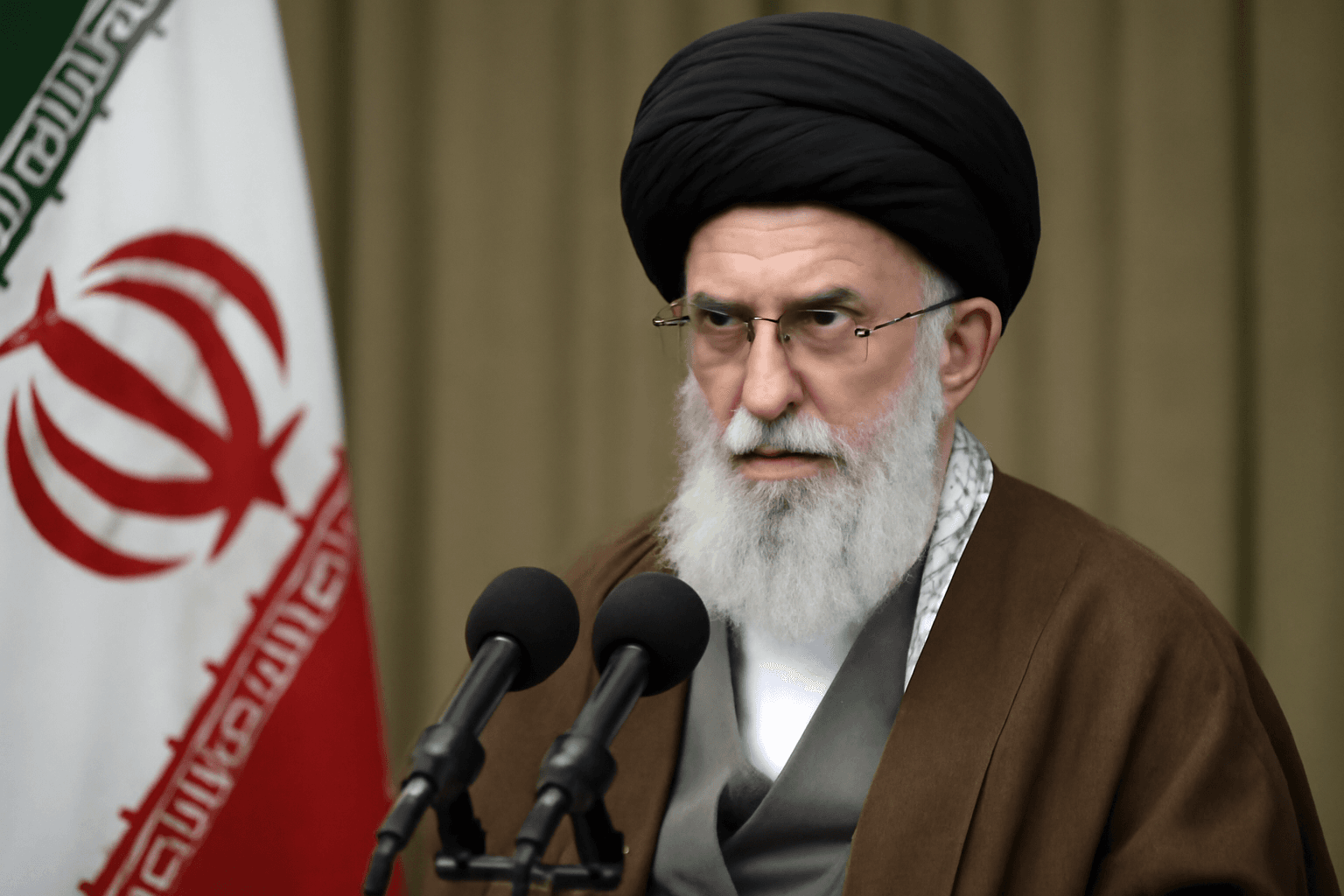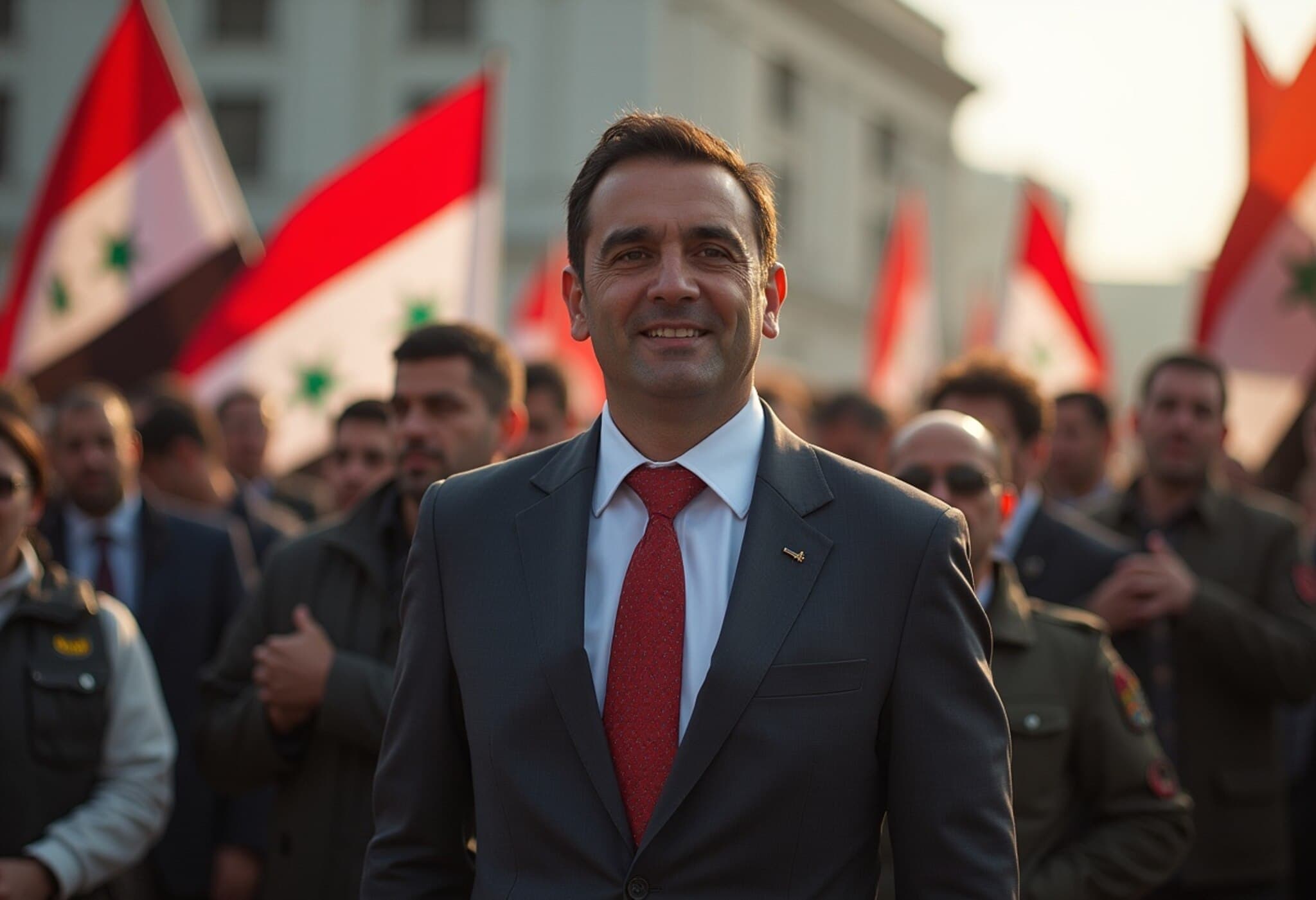Bangladesh Urges Pakistan for 1971 War Apology During High-Level Visit
In a historic yet cautious thaw in South Asian relations, Bangladesh has formally pressed Pakistan for an official apology regarding the 1971 Liberation War. This development emerged during Pakistani Deputy Prime Minister and Foreign Minister Ishaq Dar's visit to Dhaka, marking the highest-ranking Pakistani delegation to Bangladesh since 2012.
Revisiting Deep-Rooted Historical Wounds
Dar’s two-day visit began on August 23, 2025, and although centered on expanding trade and energy collaboration, the underlying tension stemming from the events of 1971 was impossible to sidestep. Bangladesh’s interim Foreign Adviser M Touhid Hossain publicly emphasized that Dhaka raised “unresolved issues such as an apology or expression of regret for 1971, claims over assets and the matter of stranded Pakistani citizens.”
“Both countries presented their respective positions,” Hossain stated, recognizing the complexity of reconciling decades-old grievances, highlighting that “these problems of five decades cannot be resolved in a single day.” This acknowledgement underscores how historical legacies continue to shape diplomatic engagements long after conflict has ended.
Pakistan’s Stance on the 1971 Conflict
While Bangladesh pressed for an explicit apology, Minister Dar maintained that Pakistan’s leadership had addressed these issues in the past — citing the 1974 tripartite talks involving India, and former President Pervez Musharraf's visit to Dhaka, where he publicly spoke about the 1971 genocide.
Nevertheless, Dar’s acknowledgment of prior engagements suggests a nuanced stance, reflecting Pakistan’s ongoing struggle to balance historical accountability with contemporary diplomatic pragmatism.
Trade and Energy: Building Bridges Amid Historical Tensions
Despite the sensitive historical topics, the visit also facilitated tangible diplomatic progress. The two nations signed one formal agreement along with five memorandums of understanding (MoUs), indicating a willingness to explore cooperation in several sectors.
- Bangladesh expressed interest in expanding textile, pharmaceutical, agricultural, IT, and energy exports to Pakistan under the South Asian Free Trade Area (SAFTA) framework.
- Pakistan, in turn, discussed plans to export energy to Bangladesh, potentially easing its own economic challenges while meeting Dhaka’s growing demand.
This dual focus on economic partnership and historical reconciliation reflects a broader trend in regional diplomacy where pragmatic needs often intersect with enduring disputes.
The Regional Context: A Diplomatic Reset
Pakistan’s engagement with Bangladesh comes at a critical juncture — less than a year after the ousting of former Prime Minister Sheikh Hasina following a student-led movement. Hasina’s tenure was marked by enhanced efforts to prosecute collaborators from the 1971 war, which intensified diplomatic friction between Dhaka and Islamabad.
The interim government led by Chief Adviser Professor Muhammad Yunus seems intent on a recalibration, opening new avenues for dialogue as relations between Bangladesh and India have concurrently cooled.
Engagement Beyond Governing Parties
Dar’s visit also included meetings with leaders of opposition and Islamist parties such as the BNP, Jamaat-e-Islami, and the National Citizen Party (NCP). Representatives from Jamaat and NCP underlined the necessity for Pakistan to address unresolved 1971 issues comprehensively for bilateral relations to truly progress.
Notably, this outreach signals an inclusive diplomatic approach, seeking to incorporate diverse political voices within Bangladesh in pursuing regional stability.
Expert Insight: The Complex Path Toward Reconciliation
The push for an apology and asset settlements reminds us that historical reconciliation remains an unfinished journey in South Asia. While trade and security partnerships can foster trust, unresolved narratives of suffering and accountability often simmer beneath the surface.
Regional analysts suggest that Pakistan’s acknowledgment of the past is complicated by national identity narratives and domestic politics, which may limit official expressions of regret. Meanwhile, Bangladesh’s persistence in seeking acknowledgment reflects a broader global movement for historical justice — one that includes reparations and formal apologies as foundational for sustainable peace.
For American policy observers, the situation highlights a recurring pattern where geopolitical alliances and economic interests must navigate sensitive historical contexts, emphasizing the limits of diplomacy focused solely on realpolitik.
Looking Ahead: Challenges and Opportunities
- Diplomatic Dialogue: Continued engagement at various political levels is vital to unlocking enduring reconciliation.
- Economic Integration: Expansion of trade under SAFTA could help both countries overcome economic and political barriers.
- Regional Stability: Improved Dhaka-Islamabad ties could positively influence broader South Asian cooperation amid complex India-Bangladesh dynamics.
- Historical Justice: The challenge remains for Pakistan to meaningfully address Bangladesh’s call for war crimes accountability without exacerbating domestic tensions.
Editor’s Note
This pivotal diplomatic exchange between Bangladesh and Pakistan underscores how deeply history intertwines with modern statecraft. While economic incentives offer pathways forward, the lingering shadows of 1971 remain a poignant reminder that true reconciliation demands honesty, courage, and time. Readers are invited to consider how historical grievances shape current foreign policies and the prospects for peace in a region where the past is never truly behind us.

